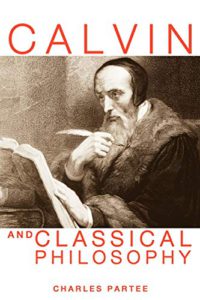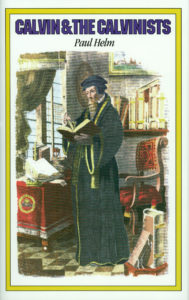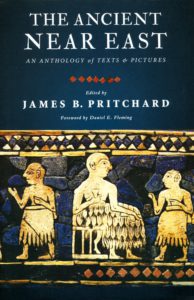 The frequent attacks on Calvinism by non-Calvinists in the Web gives the impression that Calvinism is a pernicious Christian sect. The attacks often highlight predestination as a major problem with Calvinism. The Calvinist’s doctrine of predestination is regarded as a rigid and legalistic doctrine that violates our sense of justice. It also robs the believer of his assurance of salvation.
The frequent attacks on Calvinism by non-Calvinists in the Web gives the impression that Calvinism is a pernicious Christian sect. The attacks often highlight predestination as a major problem with Calvinism. The Calvinist’s doctrine of predestination is regarded as a rigid and legalistic doctrine that violates our sense of justice. It also robs the believer of his assurance of salvation.
Critics assert that the Calvinist teaching of predestination owes more to alien philosophical arguments rather than the bible itself. This is ironic as Calvinists are often accused of relying on proof-texting and contestable exegesis when they are challenged to demonstrate the coherence of the doctrine. The accusation that Calvinists rely more on philosophical arguments than the bible doesn’t quite match the observation that the majority of Christian philosophers are not Calvinists, but Arminians and Open Theists.
Calvinists are puzzled when critics charge them of relying more on philosophy than on biblical revelation. How can Calvinists be guilty of subordinating the bible to philosophy when they defend tenaciously two propositions which many philosophers instinctively regard as logically incompatible with one another – that God’s choice in predestination is unconditional but man is still held responsible for his decisions – because the bible says so. Obviously, Calvin’s conception of predestination is not defined within the limits of human rationality; in fact his doctrine is offensive to reason. Continue reading “John Calvin Against the Philosophers: Providence-Predestination vs Chance (Epicureanism) and Determinism (Stoicism)”



 Former church turned into a bar
Former church turned into a bar